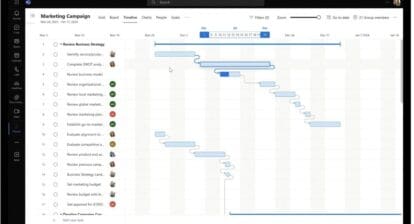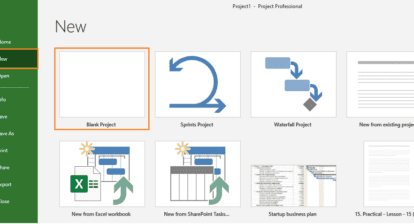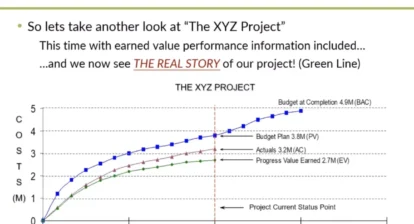Seeing a project through to successful completion is a team effort. While champions for the content and process are needed among stakeholders, there are two roles that are extremely critical to the successful delivery of the project: the sponsor and the project manager. These individuals have a symbiotic relationship that requires constant collaboration and observance of respective responsibilities to meet project objectives.
Enthusiasm, motivation, and a sense of purpose among stakeholders can break down when the PM and the sponsor are not equally committed to the project process and outcome. Unfortunately, the project will likely fail when the PM and sponsor are experiencing any the following:
- Lack of alignment or common direction
- Changing priorities that result in crisis management
- Actions on agreements that are not consistent with decisions made
- Inhibited communication and collaboration
- Questionable strategies accepted out of fear of retaliation
- A reactionary environment preventing the use of proven processes
- Lacking or variable executive management support
- Competing agendas and priorities resulting in “turf politics”
- Scope creep
While these issues may seem daunting, they can be overcome by clearly defining roles and responsibilities that support a collaborative approach to meeting project objectives. Ground rules for authority, project planning, establishing estimates, and executing and controlling the project provide a touchstone for affirming commitment and care for the project.
Sponsors can better support project managers, who typically function among stakeholders without authority, when they give authority and communicate support regularly. Project managers should seek out and accept authority to commit resources and lead the project.
Once authority is established, planning the project is the next priority. For project managers to be successful with this step, they should manage stakeholder expectations, use the project management process, and adhere to ethical principles.
While sponsors should not be involved in the day-to-day activities of planning, it is important that they set expectations, support planning activities, and validate project scope. Micro-management is a red flag that needs exploration immediately. When this starts happening, consider the following questions:
- Why now?
- What’s changed?
- What are you not giving senior management or the sponsor that they may need?
- Are your respective styles at odds?
- Are you supporting their “burning platform” needs for the project?
Throughout the planning process, estimates will need to be adjusted as modifications and changes are made. When establishing estimates and making adjustments consideration should be given to managing time, cost, and scope.
As a project manager, it is important not to fall into the trap of agreeing to unrealistic estimates. Heroics just lead to burnout of resources and ultimately the project. Focus on the big picture. Know the project details like the back of your hand, so you can speak to consequences and make recommendations that are realistic.
Executing and controlling the project takes time and consideration. Sponsors can support this step by requiring that project performance metrics and control procedures are in place. This is also accomplished by holding project managers accountable, breaking down barriers cross-functionally, and not “shooting the messenger” when bad news is delivered.
Project managers, along with their teams, must identify and verify performance metrics, assess and respond to change, communicate needs, and not wait to share bad news. If this resonates and you’re interested in help with how to deliver bad news, check out this article about how to do it in good ways.
Observing these tips facilitates a collaborative approach and supports the sponsor and the PM being equally committed to the project. Want to learn more? Watch the webinar, Managing Up to Keep Your Projects from Falling Down now available, on demand. We will explore how to work with higher ranking stakeholders in way that gets results and creates wins all around.
Related Content
Webinars (watch for free now!):
From Task Manager to People Manager – The Next Generation of Project Managers
Collaborative Project Management – Process & Power Skills
Articles:
Three Activities That Help Create an Authentic Workplace
Ten Project Management Truths
Communication: 5 Ways to Improve Your Project’s Lessons Learned











